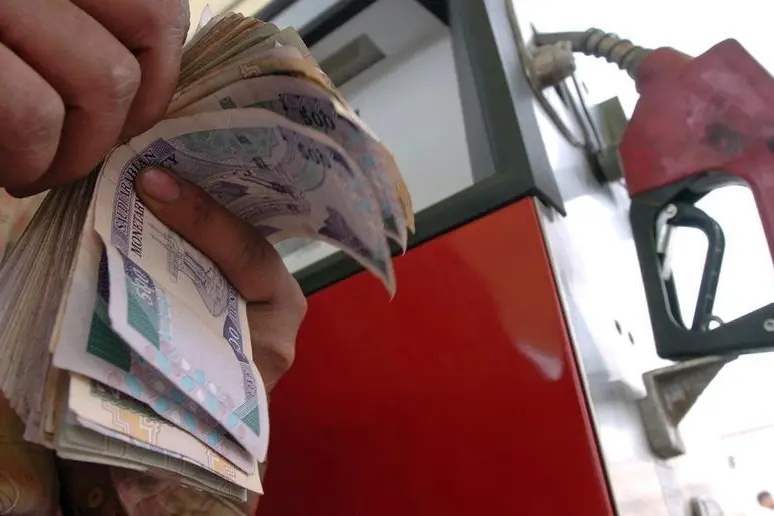PHOTO
KHOBAR- Saudi Arabia is slowing plans to eliminate subsidies for a wide range of energy products - plans which are key to efforts to make the country use energy more efficiently - under a new long-term fiscal programme released with Tuesday's 2018 state budget.
King Salman formally announced on Tuesday that the target date for eliminating the government's budget deficit would be pushed back to 2023 from the original target of 2020, in order to reduce pressure on economic growth.
As a result, the new fiscal programme provides for domestic gasoline and diesel prices to be linked to international benchmark prices gradually between 2018 and 2025. Under the old programme, which was released last December, all energy products were to be linked to benchmarks by 2020.
Natural gas prices including ethane, which is used as feedstock for the petrochemical industry, will be linked to international benchmarks in 2020-2021, though a ceiling will be imposed on them. The previous programme said prices would be raised between 2019 and 2020.
Natural gas liquids, another petrochemical feedstock, will be linked to a benchmark price in 2020, while kerosene and liquefied petroleum gas for households will be linked in 2019, asphalt between 2019 and 2021, and jet fuel for Saudi Arabian Airlines in 2018.
Other oil liquids used for power generation such as heavy fuel oil 180-cst and HFO 380-cst, Arab light crude and Arab heavy crude will be linked to benchmarks between 2019 and 2025.
Electricity prices will reflect the cost of producing the power, based on the fuels used, by 2025, the programme says. Last week, the energy ministry said Saudi Arabia would announce in the first quarter of next year a new round of increases in domestic prices of gasoline, jet fuel and diesel. It did not specify the size of the increases
(Reporting by Reem Shamseddine; Editing by Andrew Torchia) ((Reem.Shamseddine@thomsonreuters.com; +966503335202; Reuters Messaging: reem.shamseddine.thomsonreuters.com@reuters.net))
King Salman formally announced on Tuesday that the target date for eliminating the government's budget deficit would be pushed back to 2023 from the original target of 2020, in order to reduce pressure on economic growth.
As a result, the new fiscal programme provides for domestic gasoline and diesel prices to be linked to international benchmark prices gradually between 2018 and 2025. Under the old programme, which was released last December, all energy products were to be linked to benchmarks by 2020.
Natural gas prices including ethane, which is used as feedstock for the petrochemical industry, will be linked to international benchmarks in 2020-2021, though a ceiling will be imposed on them. The previous programme said prices would be raised between 2019 and 2020.
Natural gas liquids, another petrochemical feedstock, will be linked to a benchmark price in 2020, while kerosene and liquefied petroleum gas for households will be linked in 2019, asphalt between 2019 and 2021, and jet fuel for Saudi Arabian Airlines in 2018.
Other oil liquids used for power generation such as heavy fuel oil 180-cst and HFO 380-cst, Arab light crude and Arab heavy crude will be linked to benchmarks between 2019 and 2025.
Electricity prices will reflect the cost of producing the power, based on the fuels used, by 2025, the programme says. Last week, the energy ministry said Saudi Arabia would announce in the first quarter of next year a new round of increases in domestic prices of gasoline, jet fuel and diesel. It did not specify the size of the increases
(Reporting by Reem Shamseddine; Editing by Andrew Torchia) ((Reem.Shamseddine@thomsonreuters.com; +966503335202; Reuters Messaging: reem.shamseddine.thomsonreuters.com@reuters.net))





















